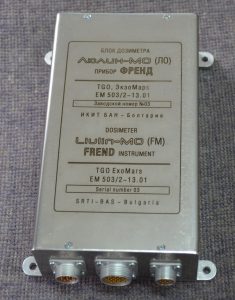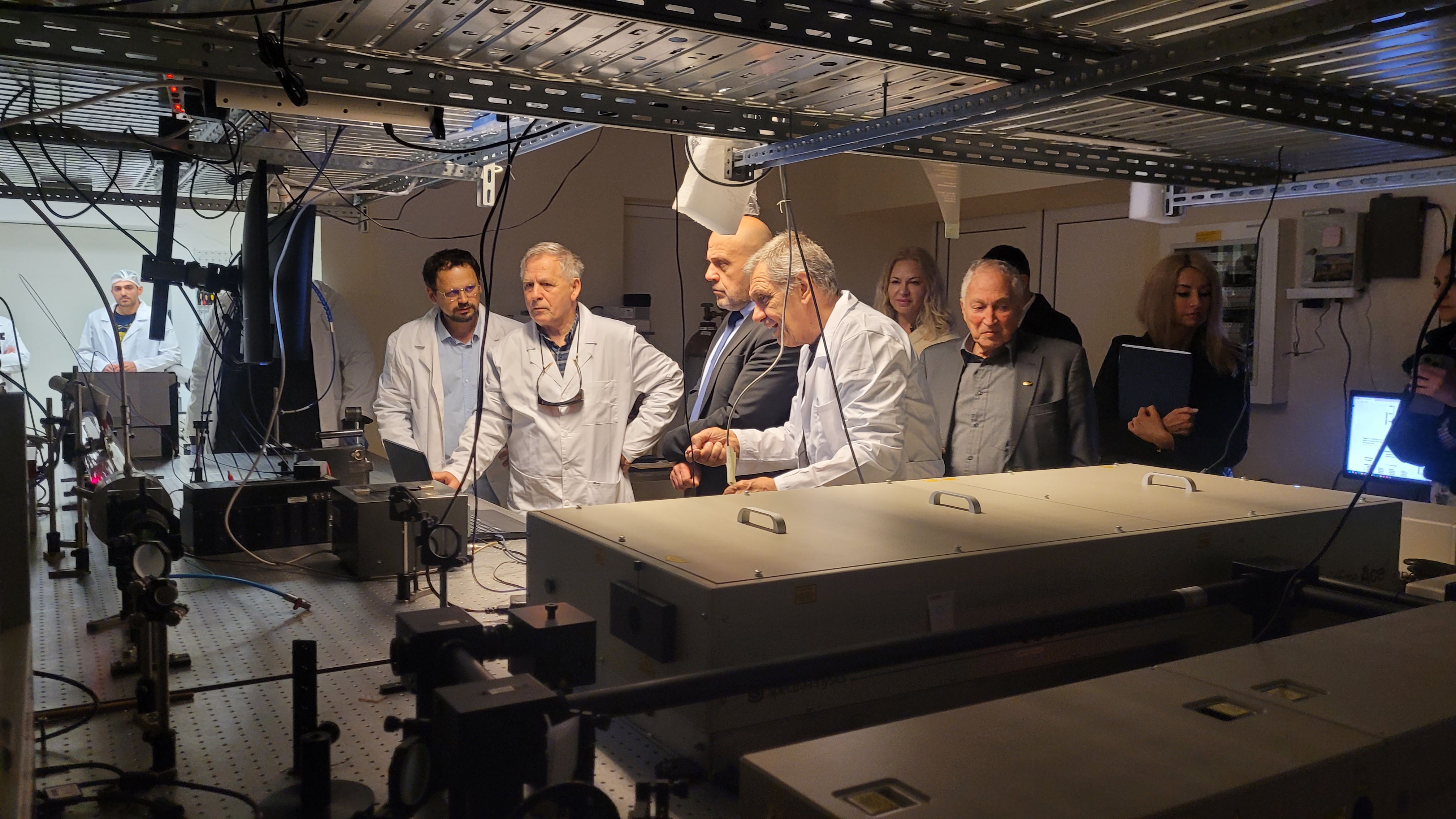The Trace Gas Orbiter satellite launched under the European and Russian Space agencies’ project ExoMars reached Mars in October 2016. During TGO transit to Mars our dosemeter Liuli-MO (a unit of the Russian neutron detector FREND) performed perfectly, and we obtained unique results about the radiation environment along an Earth-Mars journey. These results are already published in ICARUS journal (https://doi.org/10.1016/j.icarus.2017.12.034).
The initial Mars capture orbit of TGO was highly elliptic (about 96 000 x 300 km) with an orbital period of nearly 4 Mars days. On March 15, 2017 the delicate aerobraking phase started. The maneuvers aimed to decrease satellite’s velocity and to lower down its orbit. All TGO capacities were directed to execute the quite risky operations as during aerobraking the vehicle is heated, and the solar panels and the science instruments could be damaged. On February 20, 2018 the aerobraking phase was successfully finished: TGO reached an orbit with parameters 1050 x 200 km.
On March 12, 2018, the first checking of the science instruments after the aerobraking started: the instruments were sequentially turned on. Liulin-MO began operating successfully after an year of silence!
TGO has not yet reached its scientific circular orbit with an altitude about 400 km and a 2 hours period. In order to reach this orbit, satellite’s engines will be 10 times switched on till mid April. But we expect that Liulin-MO will be operating at full mode in mid-April.






